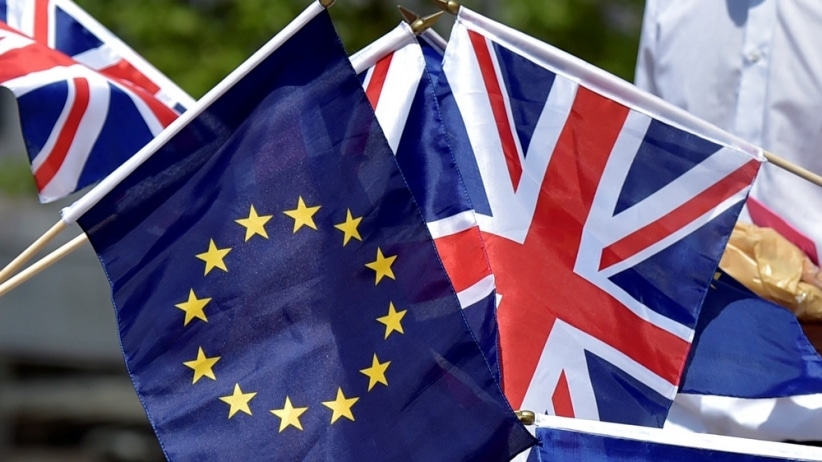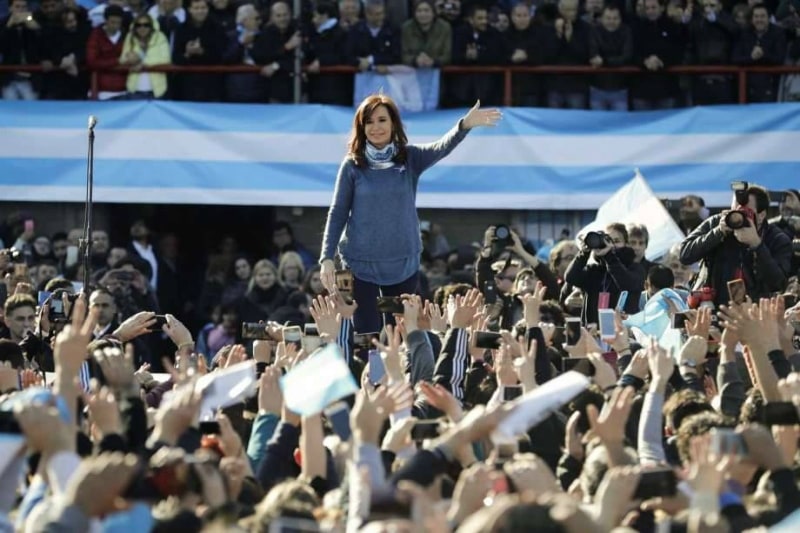
By Christian Scheinpflug
The Santiago Times Staff
Brexit is sending ripples to Latin America. A vote in the UN general assembly on June 22nd indicated as much. Mauritius demanded to refer the matter of the Chagos Archipelago to the International Court of Justice (ICJ), and it won with 94 against 15, and 65 abstentions.
Mauritius lost the territory in 1810 to British imperialism but regained part of it in 1965 in the wake of decolonisation. Great Britain, however, kept part of the archipelago, namely the geostrategically invaluable island of Diego Garcia. The local population had to resettle elsewhere, while their homeland became a torture site and military base, operated by the UK and the US, that allows deployments to the Middle East, Africa, and South Asia. Nonetheless, Mauritius’s leaders have no problem with the base. Indeed, they agree that Diego Garcia represents a crucial part of the West’s security architecture. But in Mauritius’s view that doesn’t negate its sovereign rights. The UK insists on denying these rights as long as it needs Diego Garcia to support what it defines as global security. Therefore, Mauritius’s sovereign rights stand against British-US military power.
A verdict from the ICJ will not do away with such imperialist power politics, since the court can issue only an advisory opinion which carries some moral weight but not actual force. Yet, the magnitude of the defeat in the UN also points to the viability of Empire 2.0, and when even European partners like France and Germany, which benefit from the security architecture Diego Garcia supports, abstained from unequivocal support, Great Britain truly stands in the rain. And Argentina has certainly noticed, as the Economist suspects, even though the situation in the South Atlantic differs.
The Falklands came under British rule in 1810 and fulfilled the strategic purpose of protecting the Empire’s trade routes. In contrast to Diego Garcia, no indigenous inhabitants populated the Falklands, so accusing forced resettlement has never had a basis. Moreover, Falklanders clearly expressed their wish to stay with Great Britain and not Argentina. Yet, the latter dismisses this wish and thus represents a textbook example of a colony turning into a coloniser. Also, London itself stated the conditions under which it would abandon the Falklands, namely if the local population ever wished so. This creates the paradoxical situation in which the Falklanders’s love for self-determination would require them to support Mauritius — but that would debilitate the ability of London to keep protecting them.
The UN vote should constitute a wake-up call, but Brexit seems to prove that British imperial delusions have survived, insulated by culture. Particularly, London seems to have missed that wars rarely solve problems, or else Bolivia and Chile would be BFFs today. British victory in 1982 has served as veil behind which Argentina’s could successfully peddle its fantasy of the ‘colonised Falklands’ to its neighbours. While the victor celebrated, the vanquished dealt with the punch to its self-image by seeking other weapons than guns. A further British misconception relates to Chilean support for the British campaign. Margaret Thatcher’s pathetic manoeuvre to highlight Chile’s support stemmed from the need to shield her friend and mass murderer Augusto Pinochet from prosecution and cover up the crimes of the neoliberal counterrevolution. But the pathos she created has also obscured Chile’s real reasons for supporting London, namely the threats General Leopoldo Galtieri issued in his Plaza de Mayo speech, implicitly alluding to his country’s aggression in the Beagle Channel in 1978. But Chile never objected to Argentina’s claim in principle, as Chilean General Matthei explained in 2005. Thus, once Argentina mended fences it could count on Chile’s support.
But absent a common political framework geopolitics remains, even if hidden under economic interdependence. Unfortunately, the neoliberalisation of Chile’s foreign policy that has degraded diplomats to salespeople and distorted foreign policy to a degree that ignores not only the democratic will of the Falklanders but also the geostrategic advantage Argentina would gain.
With Great Britain bogged down in the Brexit negotiations, Argentina likely further gains more ground, especially under President Mauricio Macri, whose life among the global financial elite may help him to normalise Argentina’s argument further. Moreover, the Iraq invasion has damaged the reputation and soft power of both the US and the UK, and both have also chosen to go it alone in a world in which Asia and Latin America become more influential. Add to this self-imposed weakness and Argentina’s successful revisionism the virtual irrelevance of the Falklands for Europe’s security and it becomes clear that Argentina has already a better shot than even four weeks ago. The Falklands are steadily turning into bargaining chips.
The status quo in the South Atlantic likely changes as Brexit materialises in the international arena. Such change will blow colder winds from the Falklands to Cape Horn, and Chile’s neoliberal institutionalist foreign policy won’t bar the ripple effects of Brexit.



